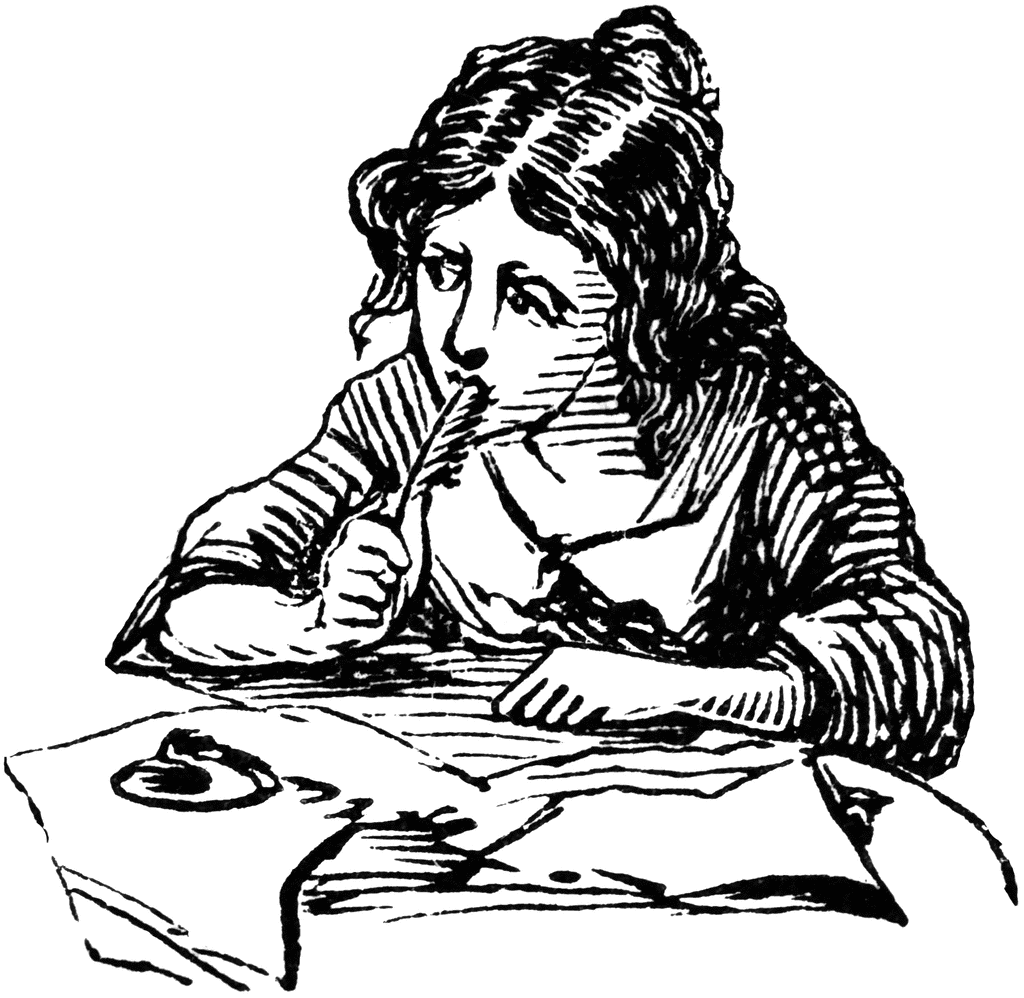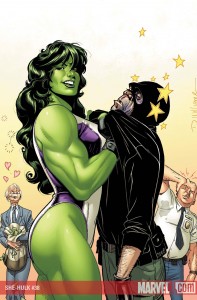 There is a subgenre of travel/history books that I’ve been enjoying quite a lot of lately. It’s a sort of travel through history, a historologue, if you will.
There is a subgenre of travel/history books that I’ve been enjoying quite a lot of lately. It’s a sort of travel through history, a historologue, if you will.
Since I write historical fiction, I end up reading a lot of history books, and many of them are, I hate to say it, total snoozes. They are academic for the most part, and their goal is to present the information, the whos and the whats, and they don’t really put a narrative into it. Sometimes they make an academic argument, refuting another academic argument, but often I’m not that interested in those either.
What I love, for the pure pleasure of reading them, are books like Germania by Simon Winder or Russia: A 1000-Year Chronicle of the Wild East by Martin Sixsmith. These books take the reader on a journey to the relics of the past and their histories, while grounding the story in how that history and travel affected the writer, and how it formed the national consciousness. In many ways, they are romances between a person and a place. (Similar, but more travelogue oriented is Travels in Siberia by Ian Frazier.) It’s not a coincidence that all of these books are by men who are obsessed with their subject. Their endless fascination with the place and its history carries through to the reader, and they are always more interested in telling a good story than in writing a definitive history.
Another thing these books have in common is grappling with a place that has a mixed legacy, and confronting that legacy. Simon Winder is specifically interested in how the German view of history shaped the tragedy of the 20th century, but also in presenting a more holistic view of the German project, one that does not begin and end with Hitler.
In many ways these books seem more honest than a straight history book, which marshal facts to make a point, or to try to talk about “how it was back then”. These books realize that the past is entirely lost to us, except in glimpses, and it’s what we make of those glimpses, the uses we put to history going forward that make the difference.
One of the reasons I like to write historical fiction is the same reason that other people write fantasy or science fiction, or set their fiction in a fundamentalist Mormon compound: to show that humans are humans, grappling with the same issues, and at the same time, use the heightened reality of an alien culture to display those issues into a different light.
Eugene O’Neill said: “There is no present or future-only the past, happening over and over again–now.” And he was restating the stupidity of history, how we are doomed to repeated it, how no one ever seems to learn enough not to.
But it would be as accurate to say that there is no past and no future, only the present, happening over and over again. These historical travelogues show history in the only way we can ever really view it: personally, and inescapably through the lens of the present.

 This weekend I finished a read through of my viking novel and got it back to my agent. For those of you wondering about the submission and getting sold process, for me it’s gone like this, after the get-an-agent-interested-in-my-writing part of the process:
This weekend I finished a read through of my viking novel and got it back to my agent. For those of you wondering about the submission and getting sold process, for me it’s gone like this, after the get-an-agent-interested-in-my-writing part of the process:


 Today is pretty much my official graduation from NYU’s Creative Writing MFA program. There’s a reading and a party to celebrate tonight, and some various other parties. I have one more class after graduation because of scheduling conflicts. I need to track down some signatures for my thesis. But basically, this is it. I’m done. I’m not doing any of the official NYU graduation events. Been there, did that from undergrad. Found them mildly tedious then, am glad of the opportunity not to do them this time.
Today is pretty much my official graduation from NYU’s Creative Writing MFA program. There’s a reading and a party to celebrate tonight, and some various other parties. I have one more class after graduation because of scheduling conflicts. I need to track down some signatures for my thesis. But basically, this is it. I’m done. I’m not doing any of the official NYU graduation events. Been there, did that from undergrad. Found them mildly tedious then, am glad of the opportunity not to do them this time.

 One of the fun things about teaching has been sharing with students a wide variety of writing. My interests often tend toward the fantastical, the weird, the violent, the darkly humorous, and happily, several of my students shared my interests.
One of the fun things about teaching has been sharing with students a wide variety of writing. My interests often tend toward the fantastical, the weird, the violent, the darkly humorous, and happily, several of my students shared my interests.